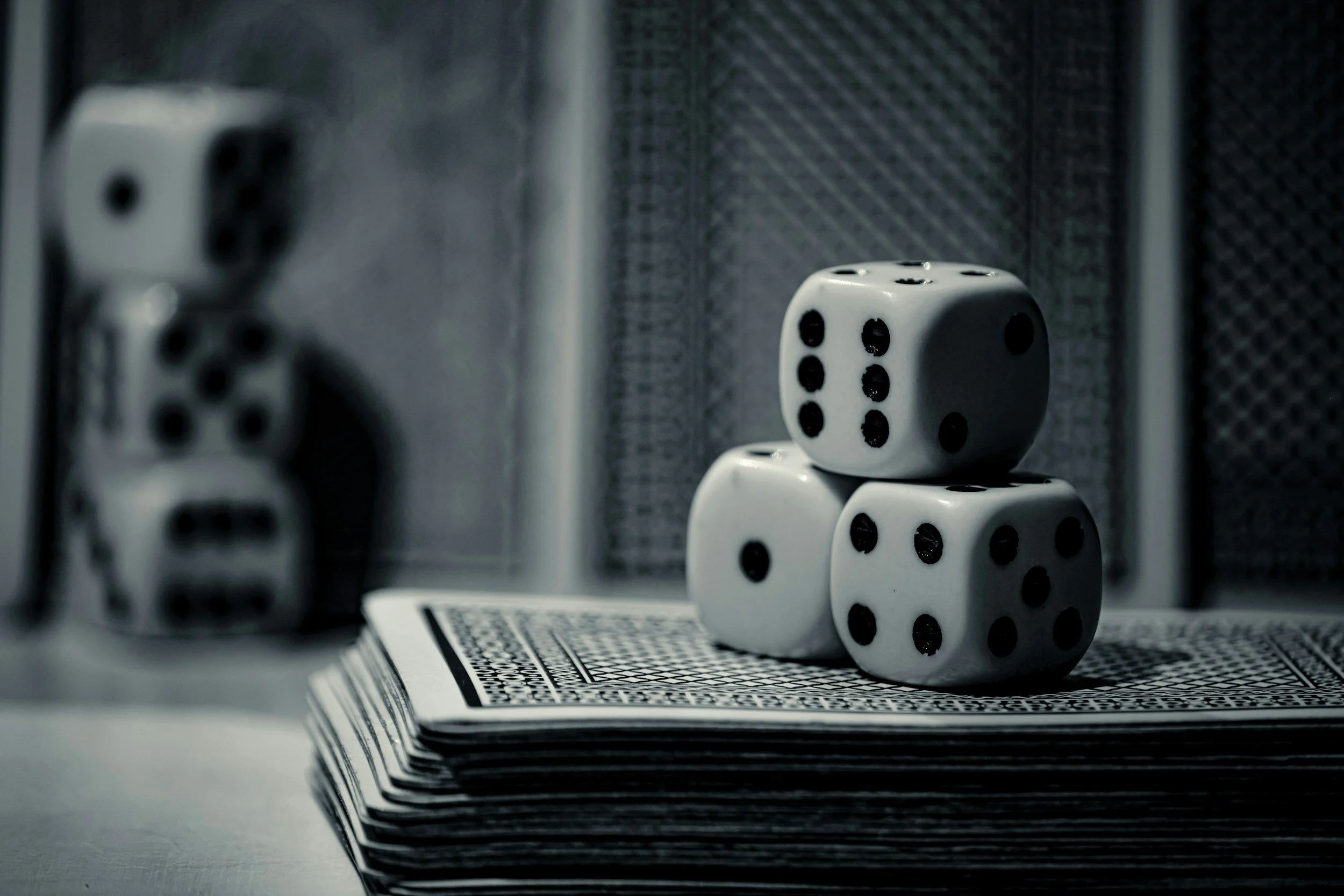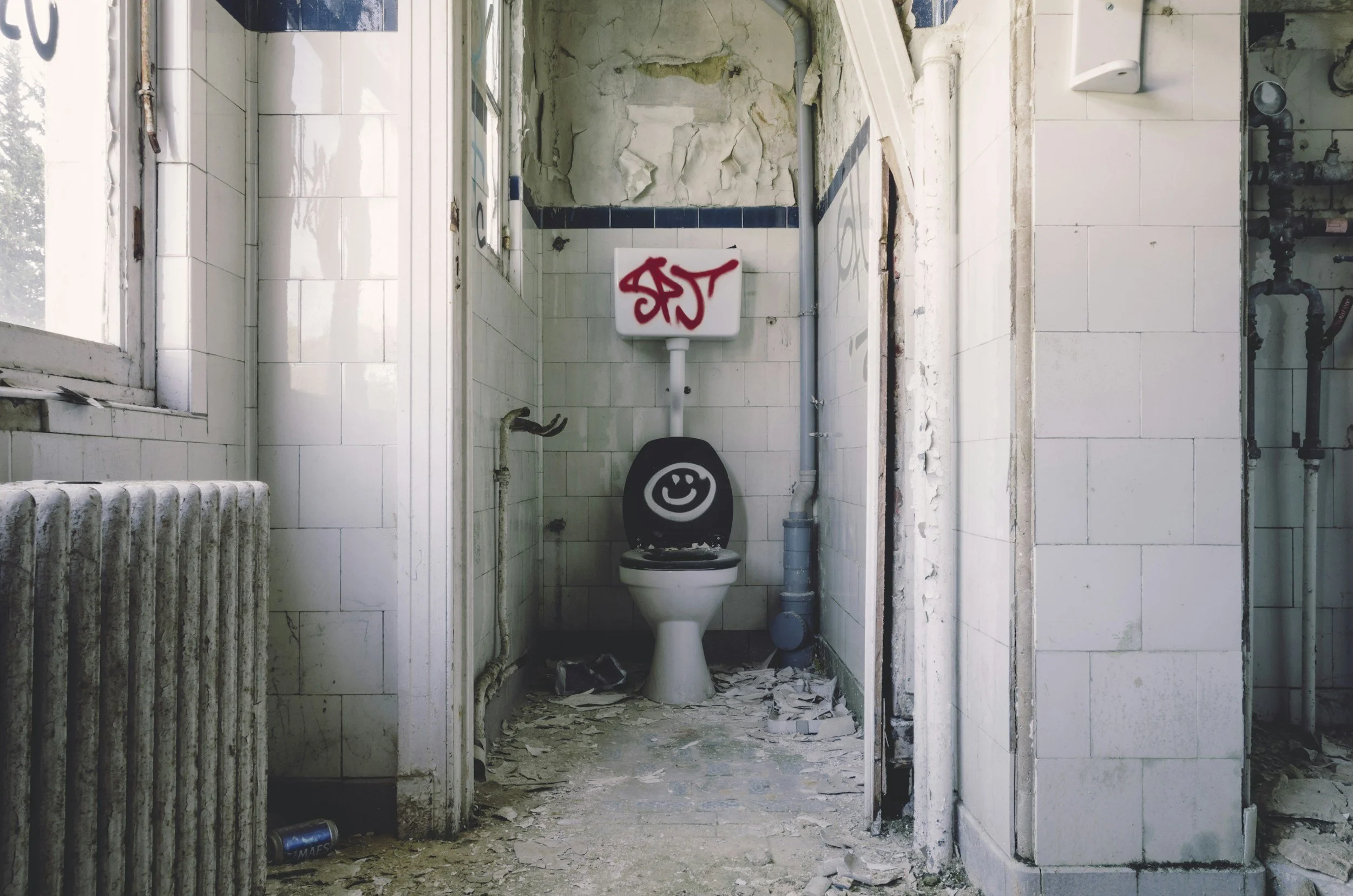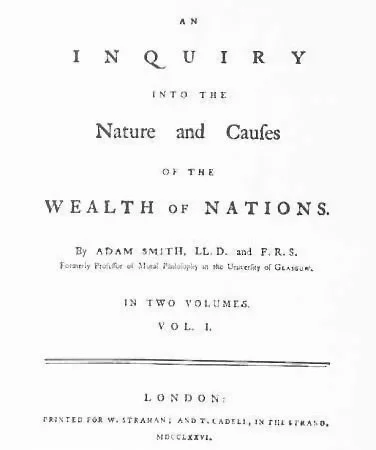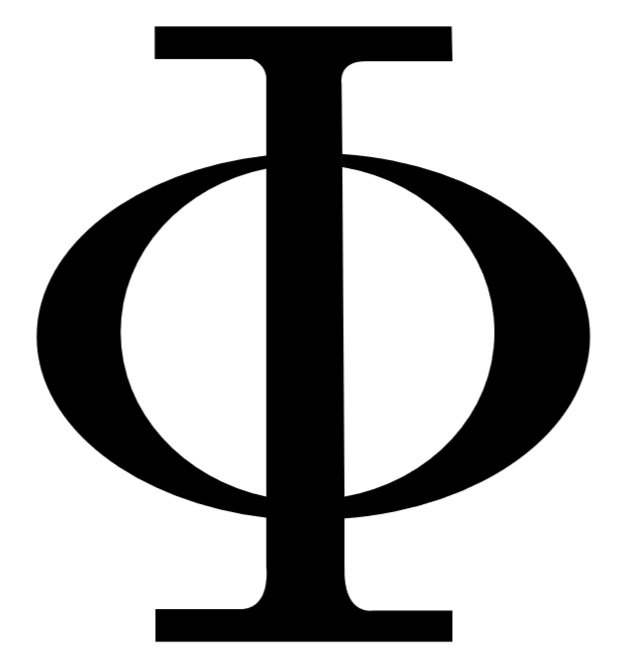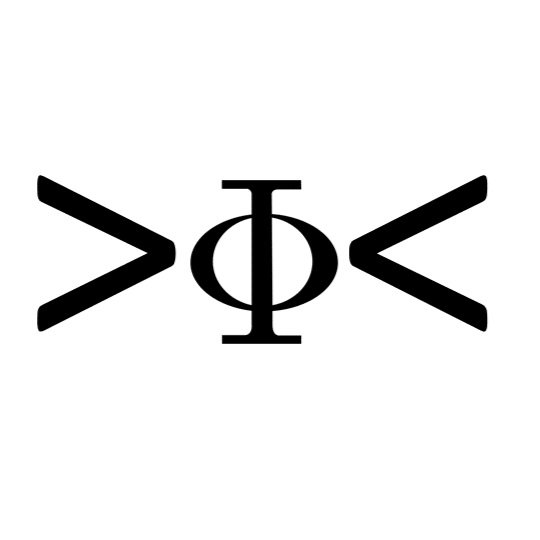When it comes to usefulness, economics has a supply problem. Things with with the greatest value in use are in short supply and things with the greatest value in exchange are not.
why the collapse in useful things and what Can be done about it?

Modern Value theory use the phi symbol to represent value in use.
In response to the great collapse in useful things I formulated the millennia challenge in 2021:
How do we decide the best (or even better use of thing)
In the following years I’ve developed what I call “modern value theory” based on the idea that the best use of thing is that which increases the capacity of a system to change when in crisis. I propose that the property that makes change possible in a crisis is value in use or energy in its social form.
Phi or the letter O with a vertical line represents energy in its social form and measures the capacity of a system to bring about change.
A calculation made theoretically possible because all things of use objectively possess a shared characteristic or universal measure of equivalence in their ability to bring about change over time. Something I describe in my work as as phi - Φ.
Based on this understanding of value in use, I’ve gone on to propose that the mechanism by which value in use increases or decreases can be understood using a simplified energetic model comprising:
sources of value in use - physical and fiat capitals; and
prime movers that transform those sources of value into change and new ( and either greater or lesser) sources of value in use .
Why does value in use matter and why bother theorizing about the best use of a thing.
At an elemental level, value in use is a predictor of sustainability and the generation of the conditions that are necessary for life and longevity. Other factors remaining constant, a society tends to thrive as the value in use, available and accessible per capita and across all capitals, increases. Likewise, a reduction in either or both the sources in value or the number and types of prime movers required to generate value in use from them, is a harbinger of decline. Put simply, if less useful things exist (whether by action or omission) fewer useful things can be done.
My Workings
Starting with a an explanation of the problem in MC 1, I’ve followed a kind of old fashioned "a priori" approach to the problem of "lessness".
Deducing from the antecedent axioms of both modern value theory mainstream and mainstream economics why the latter leads to less useful things and the the former offers hope of more.
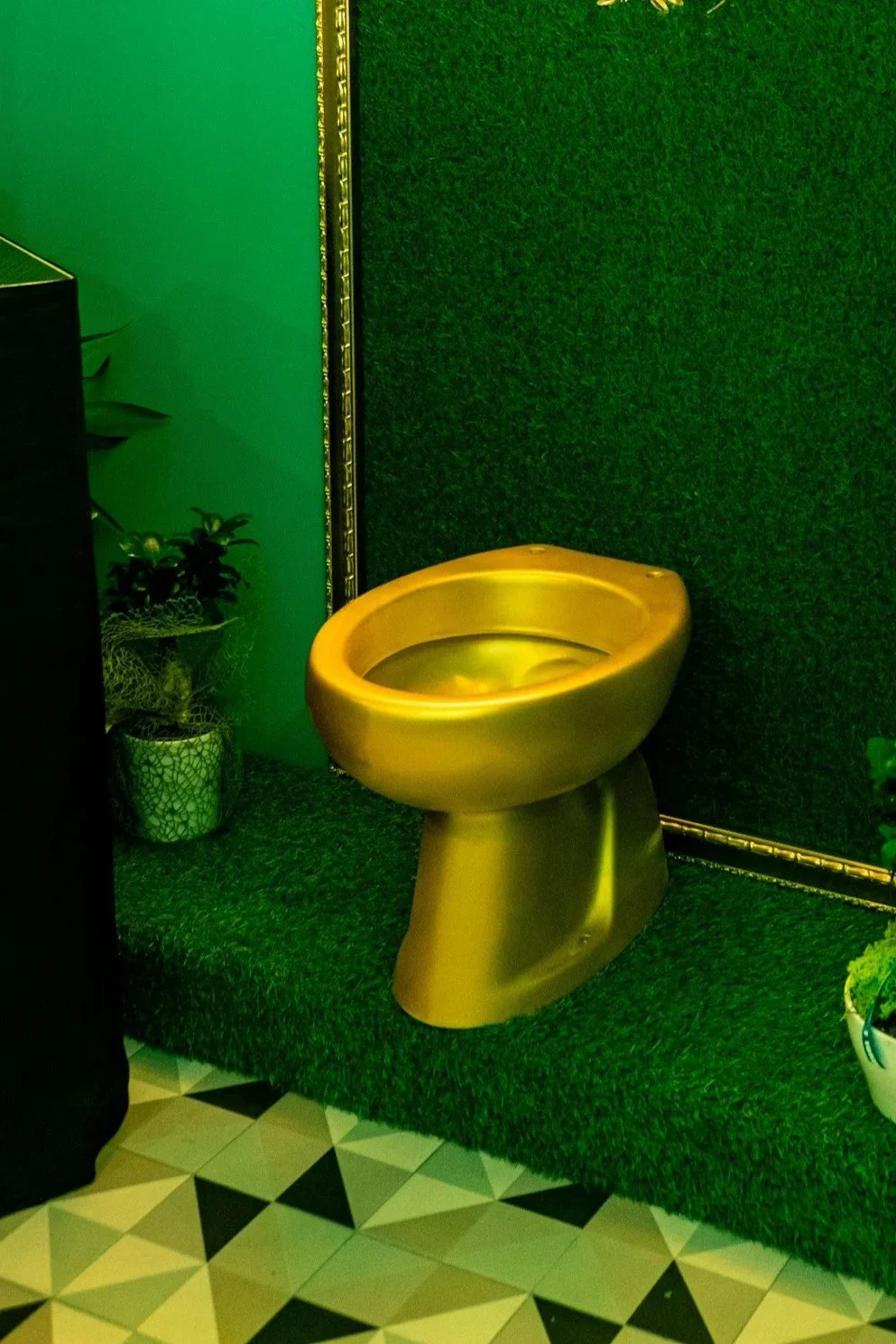
A vulgar market is the real and visceral market. An ignoble co-ordination device in which producers exchange their unwanted goods, services and income based on the utility of an unmistakable gamble of excrement. A type of calculated bet premised on the idea of everyone producing things that they can’t use and don’t want for the purpose of wagering that another producer has produced something they can’t use and don’t want.
But this is not a game of chance or a lottery.
In the Wealth of Nations, Adam Smith argued that the “propensity to truck, barter, and exchange” was inherent in human nature. But in the following passage, Jean Baptiste Say offers a more viceral explanation for trade. The urge to sell being less about human nature and perhaps more about the call of nature.
“When the producer has put the finishing hand to his product, he is most anxious to sell it immediately, lest its value should diminish in his hands. Nor is he less anxious to dispose of the money he may get for it; for the value of money is also perishable. But the only way of getting rid of money is in the purchase of some product or other. ”
— Jean Baptiste Say, 1803
though Say, is best known for “Say’s law” or the “law of the market” a classical principle that states the act of production of goods creates its own demand, it seems Say may have also have “discovered” a second or number two law of economics.
Say’s second law states that the act of producing a good or service that cannot be used by the producer (an “unwant”) creates an overwhelming urge to supply and sell that unwanted thing. An immutable law of motion as old as the market, that compels a producer to no less dispatch products, services and even money that are useless to the producer to the market, than a bear is compelled by nature to dispatch its sh#t to the woods. And, most likely governed by the same law of supply. The echo of entropy heard as much in the woods as in the market.
“But surely you’re mistaken” smiled Hermes.
With promethean hubris, the mischievous god announced that he, being smarter than their father, could do much better.
“I wager, I could squeeze out even more efficiency” he winked. “I’m the god of finance you know. Trust me. I know exactly what I’m doing.”
With that, and loving a good poo joke, he transformed the herd so that from then on the horses would eat the grass to produce the dung but the dung beetle would pay the horse with their delicious frass. The horse no longer getting their energy from the grass but by exchanging their dung for frass!
Hermes had cursed the horse to value frass as highly as the beetle valued dung.
